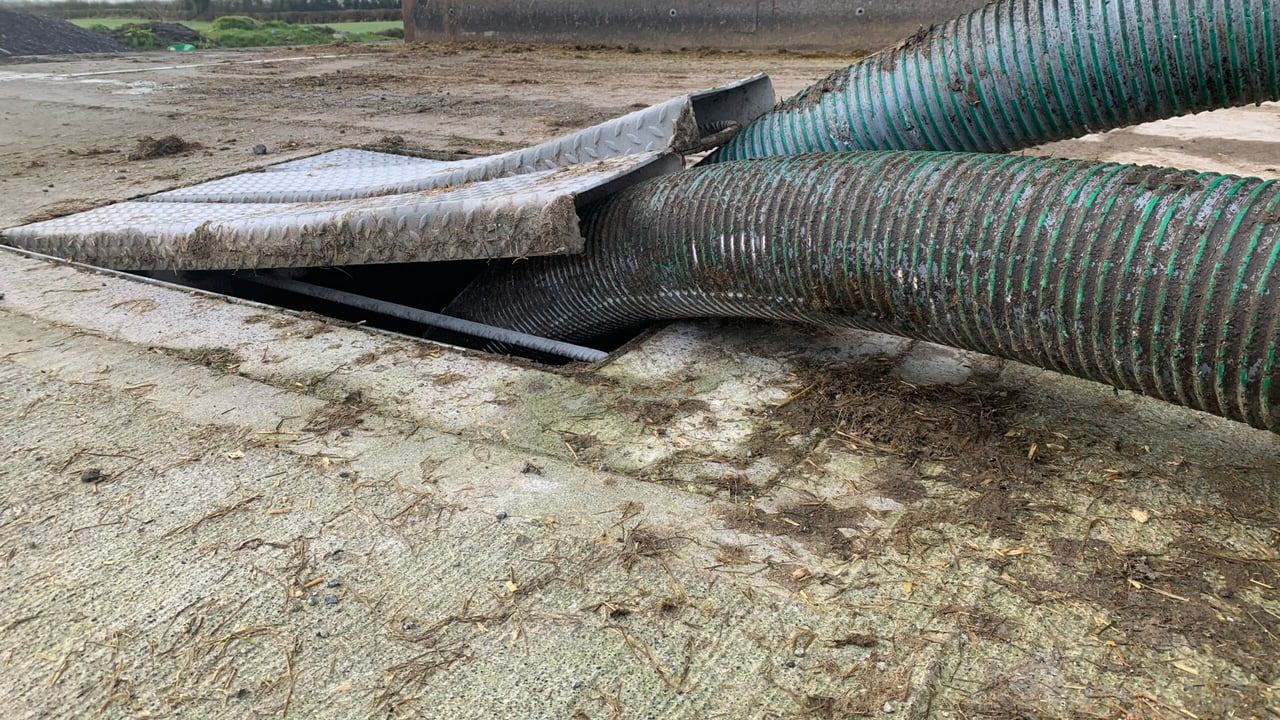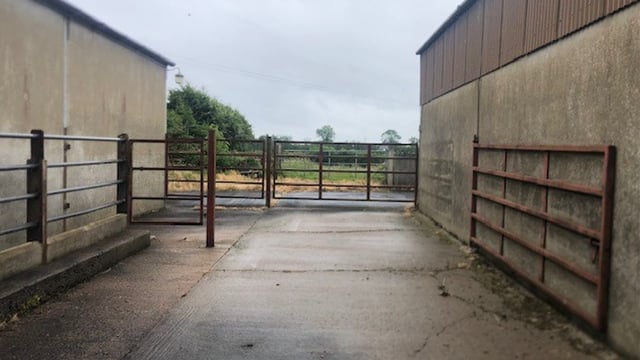Planning exemptions for slurry storage move closer
Planning exemptions for farmers to increase slurry storage capacity and construct additional housing for cattle should be in place in a matter of weeks.
Minister of State for Planning and Local Government John Cummins is to announce today (Tuesday, September 16) that the draft regulations are being finalised.
These agricultural exemptions follow a public consultation on the updating of exempted developments.
A total of 922 submissions were received from the public during the four-week consultation.
Slurry storage
Minister Cummins said that increasing slurry storage capacity will "greatly assist" with Ireland’s nitrates derogation.
The specifications of these new exemptions were included in the Department of Agriculture, Food and the Marine's (DAFM's) submission to the public consultation.
The changes include:
- Increasing the size of animal housing under Class 6 of Part 3 of Schedule 2 of the Planning and Development Regulations 2001, as amended by 50%: 200m2 to 300m2 for a structure to house animals;
- Increasing the aggregated total from 300m2 to 450m2 for animal housing per farm holding;
- Allowing for a stand-alone slurry storage tank of up to 1,000m3, subject to a total farm storage of 1,500m3.
Commenting on the draft proposals, Minister Cummins said: “I have engaged with the farming community and understand the urgency of ensuring we make these exemptions so farm families can continue to develop their businesses and livelihoods in rural Ireland.
“By making it easier to expand slurry storage and housing for cattle, we are giving farmers the flexibility to plan for the future while continuing to protect water quality and these steps will assist in ensuring that our nitrates derogation can be maintained."
“The removal of the need for planning permission at appropriate locations for these farm structures will also reduce the regulatory burden on farmers," he added.
Exemptions
Minister for Agriculture, Food and the Marine Martin Heydon worked with Minister Cummins to accelerate the exempted developments.
“The introduction of these planning exemptions will introduce for the first time a threshold for stand-alone slurry storage facilities and increase the threshold for animal housing by 50%.
"This will assist farmers investing in their enterprises, helping to improve water quality and animal welfare while reducing regulatory burden," Minister Heydon said.
The draft regulations will be laid before the Oireachtas, with Minister Cummins due to go before an Oireachtas committee and receive resolutions from both Houses before being signed into law.
As with all exempted developments, if an environmental impact assessment or an appropriate assessment of the development is required, planning permission will continue to be required.





